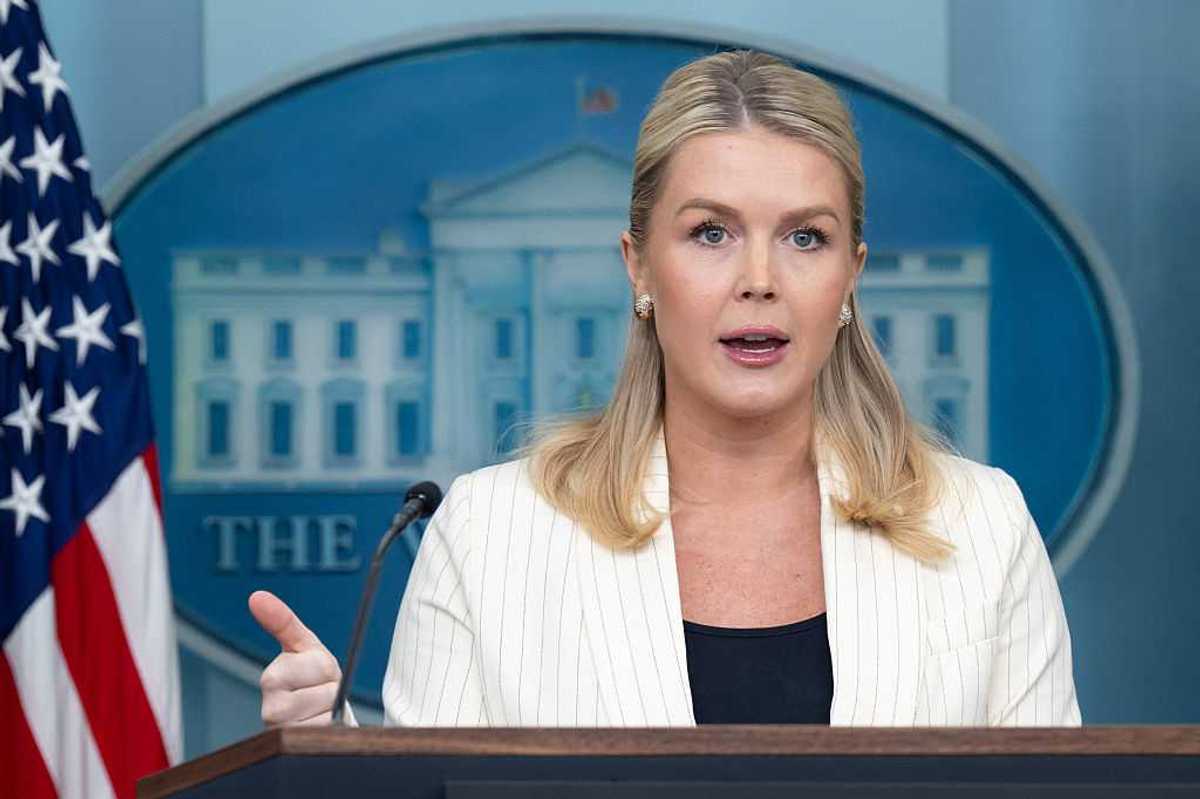In what can be deemed an act of resistance against Russia, people are posting fake reviews of Russian restaurants to inform people about the Ukraine invasion.
On Monday, the Twitter account @YourAnonNews told people to go to Google Maps, look up Russia and review businesses or restaurants explaining what is going on in Ukraine.
Under the initial post, the account gave an example of Russian text that people could use, which was also translated in English as: "The food was great! Unfortunately, Putin spoiled our appetites by invading Ukraine. Stand up to your dictator, stop killing innocent people! Your government is lying to you. Get up!"
People in the comments thought this was a great idea and even suggested giving the establishments a five-star rating while they gave the review.
"Leave 5-star reviews (unless it's Russian state-owned, then feel free to leave 1-star ratings). The point is to push information to the Russian civilian population being lied to by Putin," one wrote.
Sign up to our new free Indy100 weekly newsletter
"Just given 5 star[s] and pasted the message. I have given around 20 reviews in and around Moscow. Hope peace prevails. Love from India," another added.
Someone else who claims to be a local guide wrote: "Just reviewed ~20 restaurants in Moscow on Google, and I'm a local guide, so the reviews should show up first. I'll continue doing this."
In a report from the New York Times, Moscow authorities are amplifying censorship in the country "by squeezing some of the world's biggest tech companies."
Just last week, the authorities warned platforms such as Twitter,Google, Meta (the parent of Facebook), Apple, and TikTok that they the end of this month to comply with a "new law that requires them to set up legal entities in the country."
The outlet notes that legal experts and civil society groups said that the new law would make employees and the companies more susceptible to the Russian legal system and government censorship.
Apple, TikTok and Spotify have reportedly obeyed the landing law, according to the Russian internet regulator, Roskomnadzor. Google has also taken some steps forward in that direction.
Twitter and Meta have also followed some parts of the law, but not all.
Have your say in our news democracy. Click the upvote icon at the top of the page to help raise this article through the indy100 rankings.














